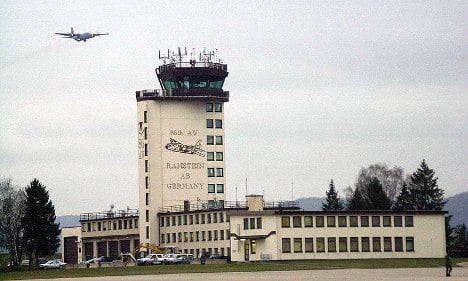The Justice Department said Rico Williams, 33, a former air force senior airman, was convicted in a federal court in Washington.
According to the prosecutors, Williams was the leader of a gang called the Gangster Disciples sect, in Ramstein, Germany. Williams and others gathered in the small town of Hohenecken near the Ramstein Air Base, and killed 25-year-old Johnson in a gang initiation ceremony in July 2005.
“Evidence presented at trial showed that the defendant and others struck Johnson with their fists and kicked him,” a statement from prosecutors said.
“Johnson died the following day from blunt force trauma injuries, including haemorrhaging to the brain and heart.”
Williams later attempted to intimidate and made threats to another witness to prevent his prosecution, officials said.
Williams is the sixth person to be convicted of charges in the investigation into Johnson’s death. He faces up to life in prison.
“Today, a federal jury has held Rico Williams accountable for his role in the senseless and tragic death of army sergeant Johnson,” said Assistant Attorney General Lanny Breuer.
“Gang-related violence shatters the lives of far too many Americans, including those abroad. The Justice Department is committed to ensuring that criminals who participate in such heinous acts are punished for their crimes.”
AFP/ka



 Please whitelist us to continue reading.
Please whitelist us to continue reading.
Member comments